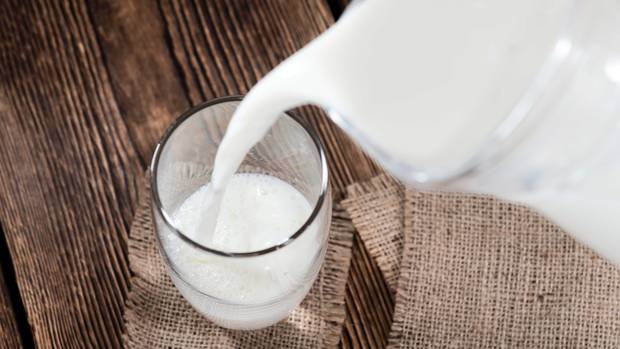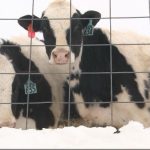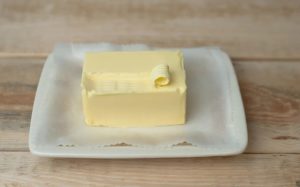
The $50m spray dryer plant on the campus of the Waikato Innovation Park is being built by Melody Dairies, a four-way investment partnership, whose major customer will be Spring Sheep NZ, a nutrition company which exports high-value branded food products made from sheep milk.
Growing global demand for sheep milk products has spurred the project, which will rise beside Food Waikato’s existing spray dryer at the business park.
The new dryer will be operational by next February and increase jobs at the Ruakura processing site from 17 to 35.
The Melody Dairies investors are Pamu, formerly Landcorp, with 35 per cent, Nu-Mega Ingredients, a company owned by Australian listed Clover Corporation, also with 35 per cent, Dairy Nutraceuticals with 20 per cent, and Food Waikato with a 10 per cent share.
Pamu is a shareholder in Spring Sheep Milk, the biggest customer of the existing dryer at the innovation park.
Spring Sheep chief executive Scottie Chapman said the global sheep milk industry was estimated to be worth US$8 billion ($11.6b) at the farm gate and US$30b at retail.
The industry was growing rapidly with Asia currently the biggest consumer of sheep’s milk.
An ancient milk, it remains popular in Europe, particularly in France, Greece, Spain, Netherlands, Sardinia and the Middle East, Chapman said.
Sheep milk is mostly consumed as cheese but is increasingly being used in yoghurts, liquid milks, butter, icecream, gelato, nutritional foods and beverages.
“It’s a new era for sheep milk. People are starting to see how its digestibility, nutrition and taste attributes make it idea for many different products.”
Chapman said there was growing demand for a high quality alternative milk due to lactose intolerance and dairy protein allergies, along with more awareness of health and wellness in the Asia Pacific region.
The new dryer will help Spring Sheep Milk with its development of early life nutrition export products.
Chapman said development of the sheep milk industry in New Zealand was possible because of new high performance genetics.
“Prior to imported genetics, on average ewes would only product 100 to 150 litres each per season which made the model economically challenging for farmers. A good return is now possible using imported genetics coupled with the right farming systems.
Ewes on Spring Sheep Milk’s pilot farms had set records this year, with a first generation of European-cross sheep on target to achieve more than 300 litres as hoggets. When fully grown, the ewes would achieve 400 litres.
“These results are promising for the industry. It demonstrates sheep milking is a sustainable option for cow dairy farmers looking to switch to a low environmental impact alternative,” Chapman said.
Food Waikato and innovation park chief executive Stuart Gordon said the new specialist processing site would help the industry through its current growth phase and scale up to meet increasing demand.
Products from the new dryer were projected to deliver $129m in dairy exports a year, he said.
Chapman said the outlook for the company’s exports and new markets was such that by 2030 Spring Sheep Milk expected to be a $200m-$700m business.























